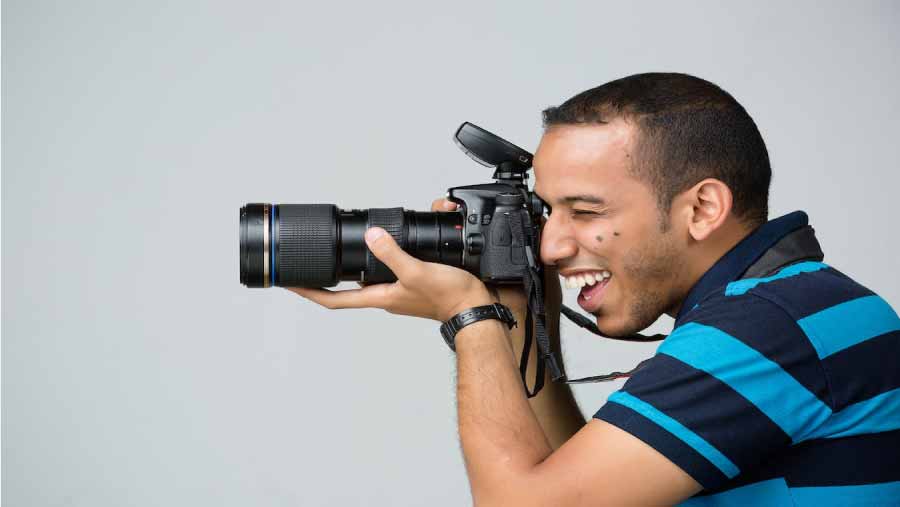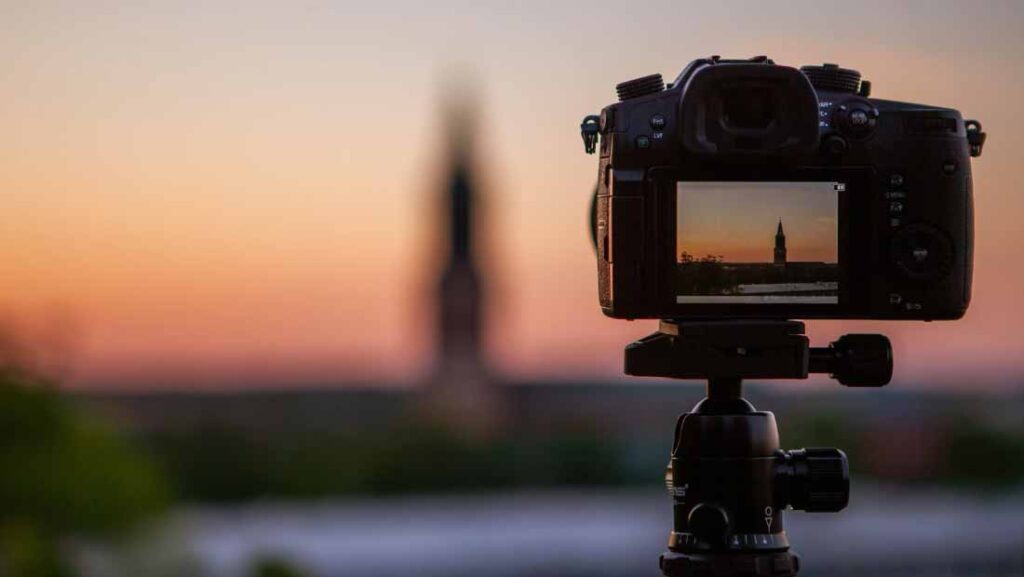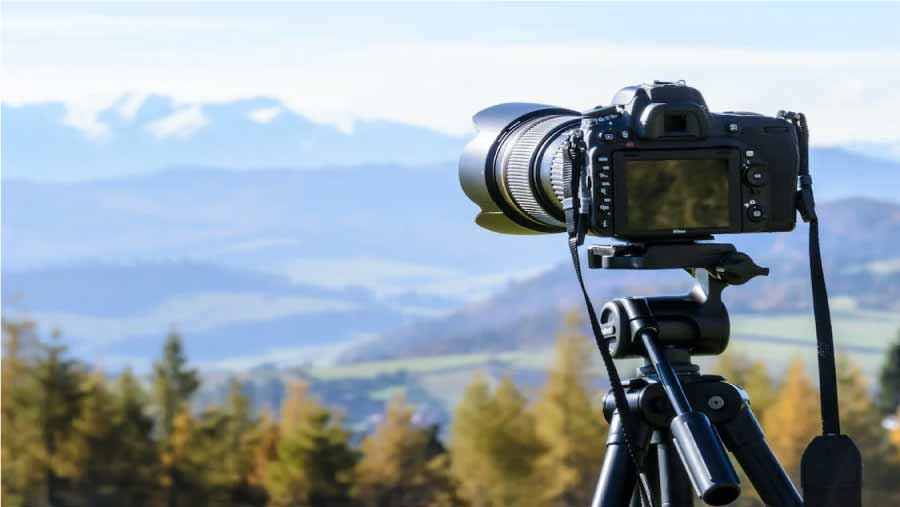You have a passion for photography and you want to make it a career. There are several things you need to get started, including the equipment you’ll need, your personality type, and job opportunities. But before you go out and buy your first camera, take a moment to consider whether or not professional photography is right for you.
Job opportunities
Professional photographers often have a wide range of job opportunities. They can work independently or own their own business. Some photographers make money selling stock photos or high-priced shots to commercial buyers. Others may have a studio in a local community and use word-of-mouth marketing to generate business.
Photographers earn a median annual salary of $36,280. However, salaries for highly experienced and popular photographers may be higher. A career in photography is not without its challenges, and self-promotion is essential. Since there is a small market for photographers, it is important to market yourself to find clients.
Beginning
Many photographers have a natural ability to capture great images. Most start as assistants to other photographers so they can gain experience and exposure to prospective clients. Then, they learn how to use image editing software to create their portfolios. Portfolios show potential customers their styles and skills.
Art directors often look at these portfolios to make hiring decisions. Graduates of photography can also go on to pursue higher education. Many online courses are available to help photographers improve their skills. Some students even go back to school to get an advanced degree. Even if you have had experience in the field for many years, continuing your education will improve your chances of getting a better job in the field.
One of the highest paying careers in photography is fashion photography. Fashion photographers shoot clothes and accessories for magazines and other companies. Some fashion photographers also work as art directors for companies. This career path is ideal for creative people with an entrepreneurial side.
Career
If you’ve always wanted to make a career out of photography, there are several different ways to do it. You can pursue self-employment as a self-taught photographer, become a business assistant, or pursue a graduate degree in photography. There are also many different types of projects you can work on as a photographer. Managing customer relationships is one of the most important aspects of professional photography. It includes ensuring customers are happy with the job, setting the right expectations and delivering on their promises. Keeping track of customers and maintaining a strong marketing strategy will help you maintain a successful photography business.
There are many different software applications for photographers to help them manage these processes. PixPa, for example, provides a customer gallery so customers can view and buy your work, while JotForm makes it easy to manage contracts. You can start taking photos of friends and family for free, or you can network by shooting free events to win customers. You can also use mouth advertising to generate customers. Whatever you decide to do, make sure you create a personal brand to market yourself as an individual.
Photography is a varied career, and the one that suits you depends on your skills and interests. A successful photographer will be a meticulous and detail-oriented person. In addition, they must be able to handle many different people and personalities. For example, a photographer may have to interact with models, makeup artists, stylists, and production assistants. In addition, a good photographer must also be patient, self-motivated and business-minded.
Autonomy
Because they are self-employed, they may have to work long hours to meet the needs of their customers. The equipment that you need the most important equipment needed for professional photography is a good camera. While you can take decent photos with a smartphone camera, it limits your creative possibilities. Here are some things you should have on your camera. Readers can contribute to this list by sharing their camera essentials. You may not have all of them yet, but these items are essential for any good photographer.
The first thing you need is an autofocus lens. Although this can be an expensive purchase, it is an essential piece of equipment for professional photography. You may also need a lighting kit, including flash tubes and optical slaves. And finally, you’ll need a tripod and grips, as well as light mounts. The right lighting can make all the difference in your final image. There are a number of types of lighting, including continuous lighting and strobe lighting.
Continuous lighting requires less technical knowledge, while strobe lighting produces high-resolution product images. You can also use reflectors and diffusers to direct light. If you are a beginner and do not have much money to invest in equipment, renting a photo studio can be an excellent idea. Although it will cost you more than buying your own, it will help you build your portfolio and get high-paying customers. You can also build your own studio space and start capturing beautiful images for your portfolio.
Different lenses create different effects, so be sure to use the right lens for work. Some lenses are intended for nearby rooms, while others need a lot of space. Wide-angle lenses are great if you’re taking photos in a small space, while zoom lenses are great for choosing people with a crowd. You’ll also want a battery backup for your camera, because you never know when you’ll need it.
Personality in Professional Photography
Photographers tend to be creative and undertaken, and have a strong desire to capture the moment. They are also often leaders and thrive on being able to influence others. Photographers, however, may not be the best match for those with a more traditional mindset. They must have a flexible mind and be open to learning new skills. The two personality types most often found in professional photographers are “extraverts” and “likable.” The extraverted photographer is usually the most prepared for a photo shoot and is most likely to look for people with non-traditional appearance. On the other hand, the pleasant photographer may be less critical and more accepting of individuals with different appearances and personalities. Professional photographers must also have good communication skills.
Communication in professional photography
Photographers must communicate with a variety of people in order to network and touch their services in the marketplace. These individuals can include clients, models, and associated photographers . Many of these people may be nervous about the camera pose , and the photographer should be able to put them comfortably on for best results.
Professional Photography Skills
Professional photographers must also be patient and have strong inner strength. These two skills are necessary for success in business. It is important to have patience, perseverance and adaptability. If you’re looking to pursue a career as a professional photographer, these traits will make you more productive and successful. Compensation photographers typically work with a variety of clients and communicate with a variety of people. This requires them to understand their customers’ wants and needs and proactively suggest solutions. By doing so, they can improve their reputation and prospective profits. Also, if they work well with models, they can produce more effective photos and increase their earning potential.
Photographers employ various artistic techniques and techniques to create perfect images for different occasions. Using film or digital cameras, they take photos in a variety of settings and then process and edit the images on a computer. Digital editing software is used to manipulate images and apply special effects. Photographers can also curate images for publication and communicate with clients and publishers to make sure they provide the right photos. Most professional photographers charge $75 to $150 per hour or $50 to $150 per image. However, if you’re a top-notch photographer, your fees can increase to $300 or more per image.
Professional photographers usually have a lot of experience and education in their field. The most sought-after photographers in the field are charged up to $2,000 an image. But, these photographers represent less than ten percent of the industry. Workers’ compensation and liability insurance is important. However, they do not cover all the expenses of an injury. If a photographer is hit by a booming microphone while shooting, or a photo developer shoots over a cable in the darkroom, injury can occur. These incidents can result in insurance claims, and a walk in premiums.


